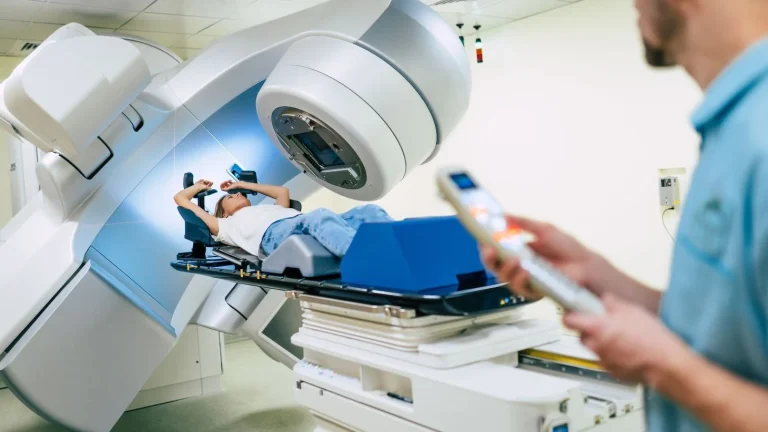The National Cancer Research and Treatment (NICRAT) programme has launched a new initiative aimed at improving access to high-quality cancer treatment for indigent patients in Nigeria.
The Director of Clinical Services at NICRAT, Prof. Musa Gombe said this on Saturday at the 8th Annual Conference of the Association of Nigerian Health Journalists (ANHeJ) in Abuja.
The conference’s theme is “Sector-Wide Approach Effectiveness in Addressing Poor Health Outcomes: The Role of the Media.”
Gombe explained that the initiative, which involved collaboration with local hospitals, pharmaceutical companies, and NGOs, aimed to address key challenges in Nigeria’s cancer care system.
These challenges, he said include delays in treatment approval, shortages of essential drugs, and affordability issues.
“This initiative is part of the government’s ongoing commitment to expand access to cancer treatment for low-income Nigerians,” Gombe said.
He emphasised that a major component of the initiative included a six-month stock plan for chemotherapy drugs, which would ensure a steady supply of medications in spite of fluctuations in the Naira and challenges associated with importing these drugs.
“We are committed to ensuring that cancer patients receive timely treatment, regardless of their financial status.
“Through collaborations with pharmaceutical companies and hospitals, we are creating a robust system to address treatment delays, improve drug availability, and reduce costs for cancer patients across the country.”
He said that the initiative also involved launching public awareness campaigns through jingles and videos, which would be distributed nationwide.
Gombe highlighted that these campaigns aimed to educate Nigerians on the importance of early cancer detection and the resources available for treatment.
“Additionally, NICRAT is working closely with local leaders and community groups to facilitate discussions on cancer prevention and access to care at the grassroots level.
“Through these efforts, we hope to encourage more patients to seek treatment at an earlier stage, improving their chances of successful outcomes,” Gombe said.
In spite of the progress made, Gombe acknowledged that challenges still existed, particularly regarding the availability of stocks due to foreign exchange volatility, as many cancer drugs were imported.
“To mitigate these challenges, NICRAT will conduct a detailed review of pricing and supply management every six months.
“This initiative is just one step in the right direction.
“We will continue to work with stakeholders to enhance the overall cancer care landscape in Nigeria, ensuring that no patient is left behind.
“NICRAT’s new initiative is expected to significantly improve the accessibility and affordability of cancer treatment, offering hope to many Nigerians battling the disease,” Gombe said.
He said with public awareness campaigns and ongoing collaborations, the future of cancer care in Nigeria looked promising.
NAN


